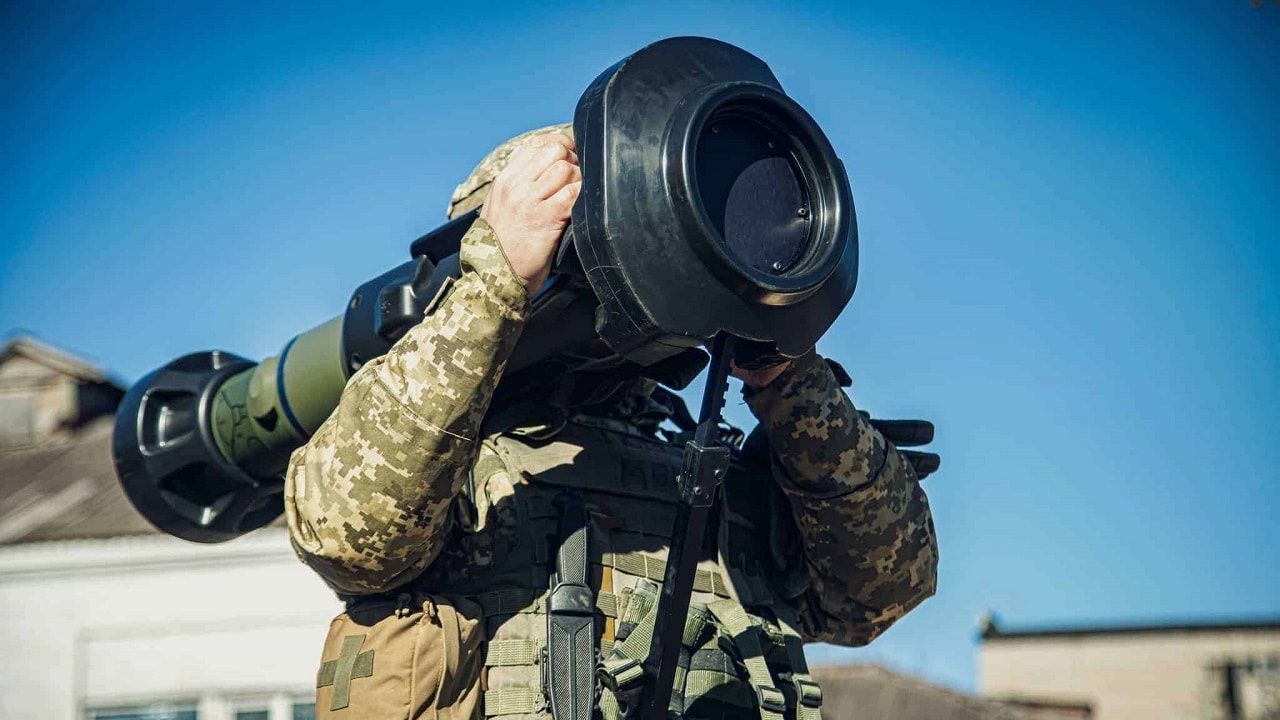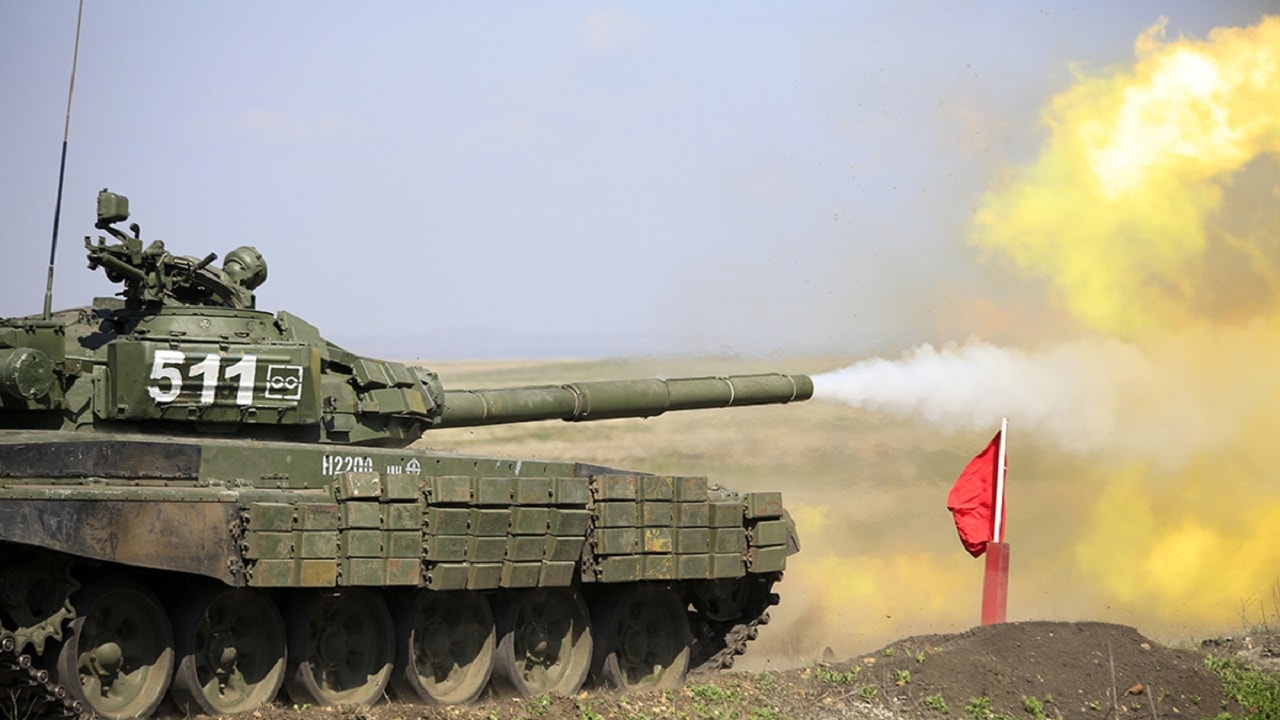Candidate Donald Trump promised to end the war between Russia and Ukraine expeditiously. We should take him at his word.
Ending the war can only mean proposing a deal that both parties accept. Both Putin and Zelensky have to view any proposal as meeting their needs. In addition, President Trump will want to emerge from the negotiation process as a winner; he certainly does not want to be saddled with any legacy like President Biden’s disastrous Afghanistan withdrawal.
If Trump were seen as abandoning Ukraine, his credibility would be diminished. This is, therefore, not the route he will choose. On the contrary, he already has articulated a formula for success: peace through strength, peace in Ukraine through an assertion of American strength.
Deploying that strength means sending the right message to Putin. This should take place through discrete diplomatic channels rather than in headlines: walk softly but carry a big stick. In this case, the stick means the prospect of a significant escalation in the military hardware provided to Ukraine. President Trump should confront Putin with a plan to supply Ukraine with weaponry at least sufficient to cut off supply chains to Russia’s troops. Other specific military targets could be put into play, such as the security of the Russian Black Sea fleet. The point is not to take these steps but to threaten this escalation unless Russia withdraws from all Ukrainian territory: Ukraine has a right to a restoration of its territorial integrity.
That escalatory threat could frame the deal. Yet Putin is unlikely to respond to a threat that gives him nothing in return. The art of this deal requires identifying sufficient sweeteners that help Putin get to yes. Fortunately, a list of concessions can be offered to convince Putin to cut his losses and withdraw.
The historic Russian desire for access to the Black Sea is a fundamental driver behind the war. This ambition could be addressed through an international agreement guaranteeing Russia unhindered passage in the Sea of Azov and the Kerch Strait. Moreover, Russia could be offered favorable terms for railroad and truck access to Ukraine’s Black Sea ports. Russia should not have to conquer Ukraine to benefit from commerce through the port of Odesa.
A second component should address Russia’s dire economic situation. The longer the war goes on, the more Russia becomes the weaker junior partner in its relationship with China. This subordination cannot be comfortable for Putin. Instead, a deal to end the war could include, in addition to a lifting of sanctions, an appropriately tailored trade arrangement with the U.S. For Putin, the prospect of economic improvement ought to be manna from heaven.
However, a U.S.-Russia trade agreement would also be very much in American interest as a vehicle to peel Russia away from China. The terms might, for example, shield Russia from the Trump administration’s pending tariff policies. Imposing tariffs or lifting them can serve as tools to achieve political goals.
Finally, there is an additional opportunity to persuade Putin directly. The International Criminal Court issued a warrant for his arrest in March 2023. Even if he regards this as merely an annoyance, he would welcome a declaration from Washington dismissing ICC decisions. Washington could even commit to convincing allies to void the judgment on Putin and withdraw support from what is increasingly regarded as a rogue court, playing politics rather than meeting justice.
A Ukraine Deal Won’t Come Easy
No doubt, such an exoneration of Putin would be a bitter pill to swallow in the West; he is doubtlessly responsible for the egregious crimes committed during the war. However, it is ultimately more important to end the war than to imagine the unlikely scenario of ever hauling Putin into a courtroom. If offering a full-throated dismissal of the validity of the ICC would help end the war quicker, it is a price worth paying.

Ukrainian marine with NLAW ATGM. Photo: Marine Command.
These broad outlines– Black Sea access, a trade agreement, and rejection of the ICC– need to be worked out in detail, where the devil always lies. In addition, a strategy to maintain the peace into the future must be formulated, whether with NATO membership for Ukraine or not.
Yet President Trump has repeatedly expressed genuine concern with the human cost of the war, and he intends to end it. May he succeed.
About the Author: Russell A. Berman
Russell A. Berman is the Walter A. Haas Professor in the Humanities at Stanford University and Senior Fellow at the Hoover Institution. He previously served as Senior Advisor on the Policy Planning Staff of the State Department. The views here are his own.

